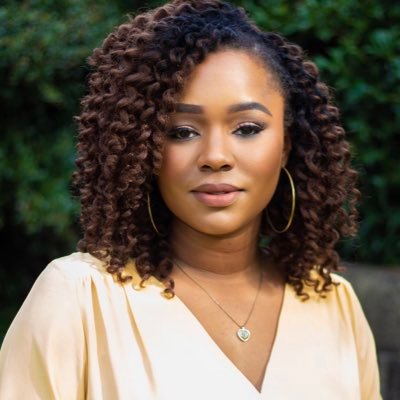
Retailers Nordstrom, Bed Bath & Beyond, JCPenney and Backcountry.com are being forced to pay the Federal Trade Commission $1.3 million in fines this month for falsely advertising textile products as bamboo when they are in fact composed of rayon. As consumer spending trends toward the purchase of more environmentally-friendly products, the FTC argues that the retailers knowingly deceived customers into believing that they were making solid, ethical purchasing decisions.
“It’s misleading to call bamboo that has been chemically processed into rayon simply 'bamboo,’” said Jessica Rich, director of the Bureau of Consumer Protection, in a statement regarding the penalty. “It’s important for [consumers] to know that textiles marketed as environmentally-friendly alternatives may not be as ‘green’ as they were led to believe.”
According to the settlement charges, Bed Bath & Beyond will pay $500,000; Nordstrom will pay $360,000; JCPenney will pay $290,000; and Backcountry.com will pay $150,000 for allegedly violating the FTC Act and the agency’s Textile Rules.
In 2009, the FTC charged four textile companies for falsely claiming their products were made of 100 percent bamboo fibers or contained sustainably-sourced bamboo. Then, in 2010, the government agency distributed letters to Bed Bath & Beyond, Nordstrom, JCPenney and Backcountry.com warning them that they too were at risk of being fined for false and unsubstantiated labeling claims. To no avail, the retailers went on with business as usual, refusing to change their labeling practices, while scraping up potentially millions of dollars in product sales over the last five years.
Companies that mislead customers by making unsubstantiated “green” claims in the marketplace has been an ongoing problem. Consumer protection against false labeling starts with consumer education. Marketer’s are well aware that the average consumer, despite being much more conscious and susceptible to reading labels before making a purchase, isn’t always well-versed on the latest in textile manufacturing processes.
Greener options for rayon do exist and are typically labeled as Lyocell or Tencel, which are made in a closed-loop process from bamboo cellulose with less harmful chemicals.
However, traditional rayon derived from bamboo -- the material the brands are being charged for mislabeling -- is hardly eco-friendly. In fact, the extraction process is time-consuming, expensive, wastes copious amounts of water and uses heavy doses of environmentally toxic chemicals that when released pollute the air. After an arduous manufacturing process, there is very little bamboo left in the final rayon product. Calling the final product either bamboo or eco-friendly is a misnomer.
The complaint against the four retailers include detailed descriptions of products scrutinized under the false labeling:
- Bed Bath & Beyond: The complaint alleges the company (sometimes through its BuyBuy Baby subsidiary) mislabeled dozens of textiles as bamboo, including Aden + Anais Bamboo 3-Pack Muslin Swaddles and Bamboo Blend Napkins.
- Nordstrom: According to the complaint, the company sold mislabeled products online and in its stores, including a Gypsy 05 Bamboo Racerback Hi-Lo Dress and Degree Six Clothing – The Bamboo Long Sleeve Tee.
- JCPenney: The lawsuit charges that the company deceptively promoted products as bamboo, including Muk Luks 4-pack Men’s Bamboo Socks. The FTC also says the company falsely claimed bamboo gave the products anti-microbial properties.
- Backcountry.com: The complaint alleges that the online retailer deceptively marketed products as bamboo, like men’s Bridgedale Bamboo Crew Sock, sometimes with anti-microbial claims the FTC says were misleading.
Image credit: Flickr/Mike Mozart

Sherrell Dorsey is a social impact storyteller, social entrepreneur and advocate for environmental, social and economic equity in underserved communities. Sherrell speaks and writes frequently on the topics of sustainability, technology, and digital inclusion.














